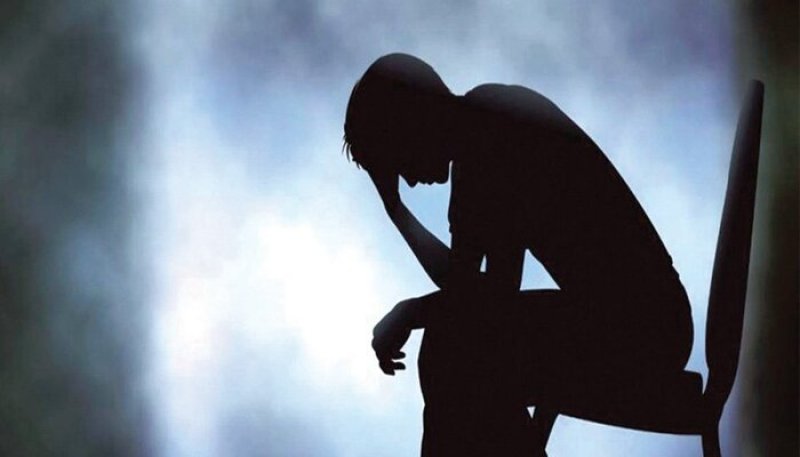

Small steps count! Let’s break the stigma around mental health and support each other. Remember, it’s okay to ask for help. Your mind deserves love and attention every day, not just today!
On World , we spoke with Kavita Kerawalla, Vice Chairperson of VIBGYOR Group of Schools, about what looks like, how parents can spot the warning signs, and practical ways families can normalize conversations about mental health at home.
We often think of depression as an adult problem. How does depression actually manifest in children, and why is it so easily missed by parents or teachers?Depression in children often shows differently than in adults. It can appear as irritability, withdrawal from friends or activities, loss of interest in hobbies, changes in sleep or appetite, or even a drop in academic performance. Because these signs are often subtle, or mistaken for “normal growing-up challenges”, they can be easily overlooked by parents and teachers.
This makes it essential to create supportive environments at home and in school, maintain open conversations, and encourage children to express their feelings. Early awareness can make a meaningful difference in their emotional well-being.
What are some key behavioral signs of depression in children that differ from adults — especially when kids can’t express sadness in words?Children often express emotional distress through behavior rather than words.
Key signs can include loss of interest in school or hobbies, declining academic performance, withdrawal from friends, irritability, or sudden changes in routine and energy levels. Because children may not be able to articulate sadness, noticing these subtle shifts in behavior becomes critical.
What role do school pressure, social media, and family dynamics play in triggering or worsening depression in young people today?Children today are growing up in a world very different from ours, where the internet and social media are deeply woven into daily life.
Academic expectations are higher than ever, and family dynamics continue to shape their experiences. Online spaces, while offering connection and learning, can also expose children to constant comparisons, peer pressure, and subtle negativity, which can quietly affect their confidence, self-esteem, and mood. Family interactions, whether supportive or tense, further influence how they manage these feelings.
Parents and educators need to stay attentive, nurture connections, and create safe spaces for children to express themselves. This guidance can help them navigate these pressures and develop resilience.